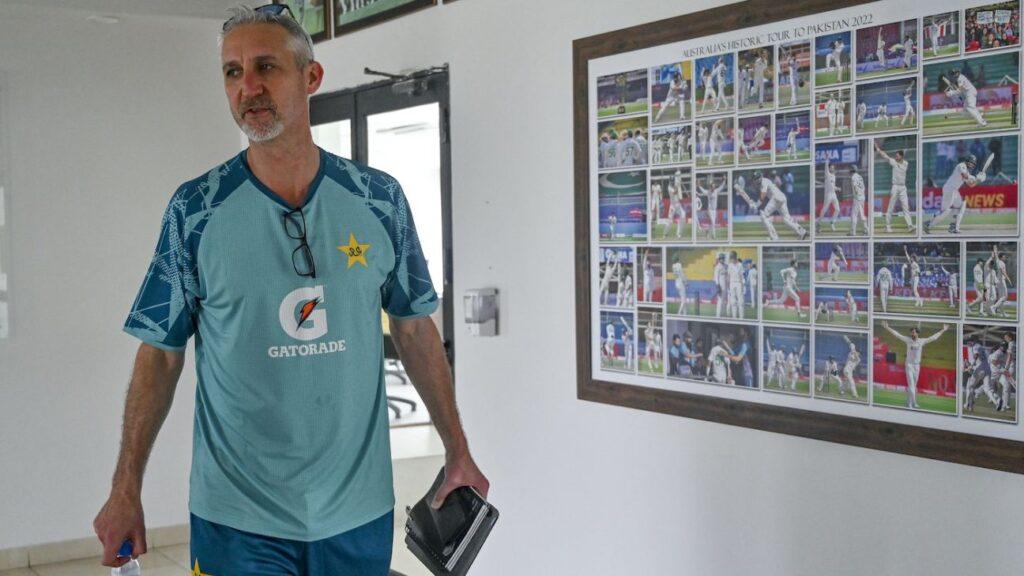“There were definitely challenges. I went into the job with an open mind, I want to make that very clear. I knew, you know, Pakistan had cycled through a series of coaches in a fairly short space of time,” Gillespie told ABC Sports. “The straw that broke the camel’s back, I suppose, was that as a head coach you like to have clear communication with your employer. I was completely and utterly blindsided by a decision not to have a high performance coach.”
“Tim Nielsen was told his services were no longer required and I had absolutely no communication from anyone about that,” Gillespie said. “And I just thought after a number of other things that had gone on in the previous couple of months, that was probably the moment where I thought, ‘Well, I’m not really sure if they actually want me to do this job or not. .'”
Adding to Gillespie’s frustration was the fact that the feedback to him regarding Nielsen and the team’s performance was positive.
“I developed a really close relationship with the Test captain, Shan Masood, and felt we were definitely going in the right direction and things were going really well,” he said. “All the feedback that I had been getting or the feedback that PCB was getting was just how effective, you know, Tim had been in his role as well and the players were getting a lot out of him.”
Gillespie guided Pakistan to a 2-1 win against England in October, after losing the first match by an innings and 47 runs. However, after the loss in the first Test, he was informed that a new selection panel would be introduced and he would not be part of it.
“I felt like I was basically hitting catches, and it was about the same on the morning of a game,” he said. “You want to be able to have clear communication with all stakeholders, with selectors, for example, who know what the team is as a head coach well before the game or at least the day before the game.



